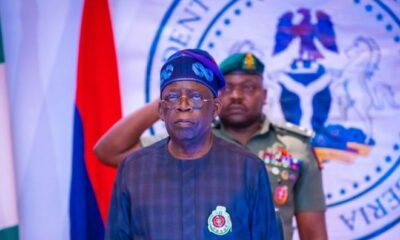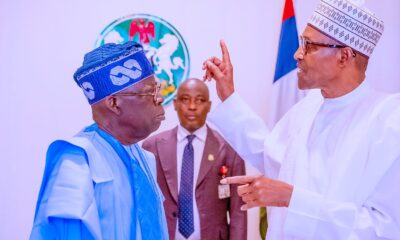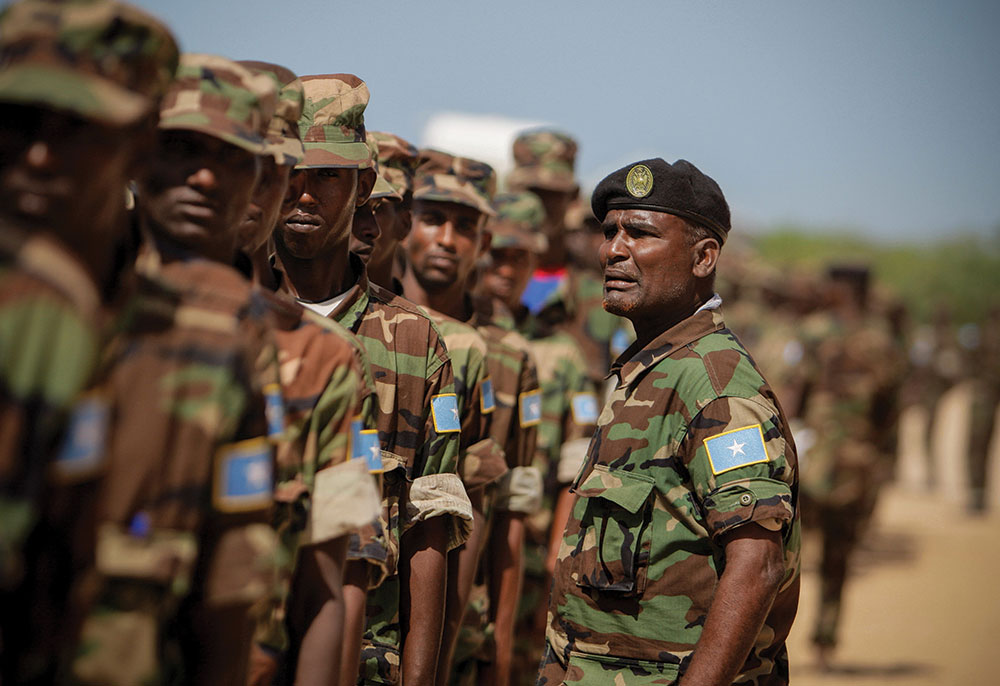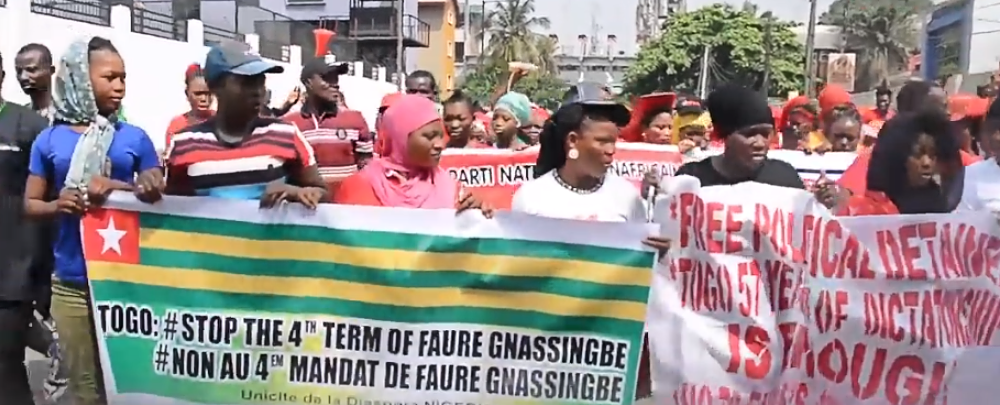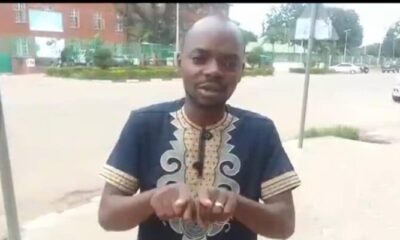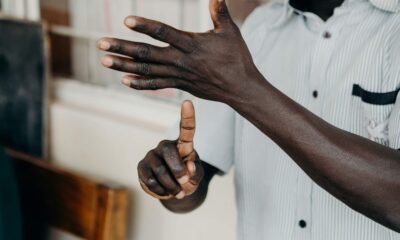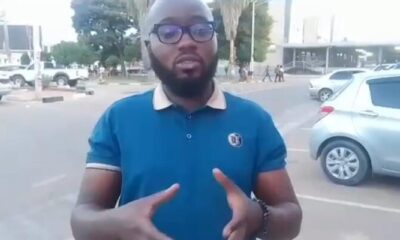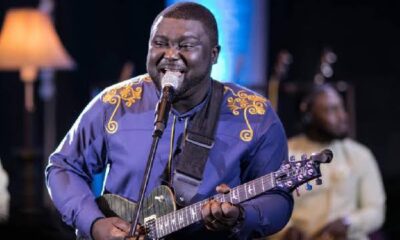Bola Ahmed Tinubu has been sworn in as Nigeria’s 16th President on Monday, May 29 at Eagle Square in the country’s capital city, Abuja.
Tinubu and his deputy, Kashim Shettima took the oath of office at exactly 10:28 AM and 10:38 AM respectively, administered by the Chief Justice of Nigeria, Justice Olukayode Ariwoola.
Shortly after being sworn in, the Nigerian President promised to solve terrorism and criminality. “Security shall be top of our administration,” he said, adding that he would reform security architecture, invest more in security personnel, providing better training and equipment.
Additionally, he pledged to transform the economy in order to spur expansion and increase the Gross Domestic Product through job creation, fighting extreme poverty, increasing food production, ensuring the inclusion of women and young people, and combating corruption.
On the controversial subject of fuel subsidy removal, he took a firm position, announcing that the fuel subsidy regime was over. He also stated that, on the monetary policy side, he would work towards a unified foreign exchange system.
He was declared the winner of the presidential elections held on February 25 in which the 36 states of the federation and the Federal Capital Territory (FCT) were won equally by the three leading candidates, twelve states each.
The ceremony was attended by some notable leaders from across the continent. Some of them are South Africa’s President, Cyril Ramaphosa, the new Prime Minister of Gabon, Billy By-Nze, President of the Republic of Cote D’Ivoire, Alassane Ouattara; Ghana President, Nana Akufo-Addo, and Rwanda President, Paul Kagame.
Tinubu garnered about 37 % of the total votes cast to become president. His experience includes being governor of Lagos State from 1999 to 2007, and a prior career in finance with top financial companies like Arthur Andersen, Deloitte and GTE Services Corporation. Nigerians will hope he will use his experience to transform the economy which critics believe performed below par under the outgone president, Muhammadu Buhari.
He is faced with the challenges of high foreign debt, unemployment, soaring inflation, unstable multiple exchange rate system, and insecurity, amongst other challenges.

 Tech2 days ago
Tech2 days ago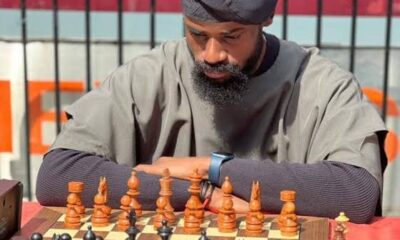
 Behind the News1 day ago
Behind the News1 day ago
 VenturesNow2 days ago
VenturesNow2 days ago
 Metro1 day ago
Metro1 day ago




